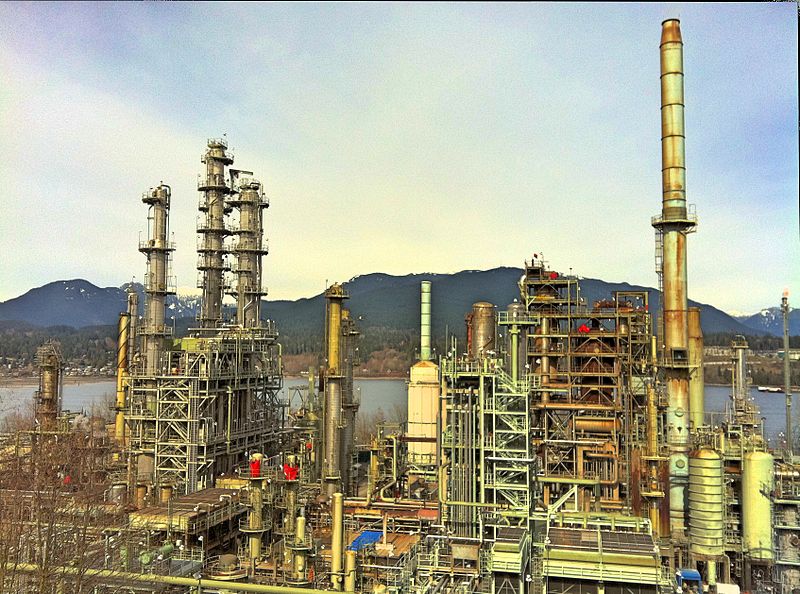
Kyle Pearce / Flickr.
VANCOUVER — In January of this year, the Canadian Association of Petroleum Producers made a presentation to high-ranking officials in British Columbia’s Environment Ministry, outlining changes they wanted to environmental review rules for natural gas projects.
Those changes became law on April 14, but they didn’t stay that way for long.
An outcry from First Nations organizations forced an about-face from Environment Minister Mary Polak, who rescinded the revisions two days after they were passed by order-in-council.
“Industry prefers shorter regulatory timelines and less regulatory burden to reduce costs,” said internal documents obtained by The Canadian Press through a Freedom of Information request.
The short-lived revision meant natural gas plants producing so-called sweet gas would have been exempt from automatic environmental assessment. That applies to almost 99 per cent of the natural gas produced in the province, according to the B.C. Oil and Gas Commission.
Sweet gas requires relatively little purifying, whereas so-called sour gas contains more than one per cent of toxic hydrogen sulphide that has to be removed before the gas can be used.
According to the documents, there will be 25 to 45 new natural gas plants required to meet the government dreams for liquefied natural gas.
Regulatory changes were under discussion well before the final January presentation from the Canadian Association of Petroleum Producers.
A “Natural Gas Plant Proliferation Policy project charter” was attached to a Nov. 15 email from the B.C. Environmental Assessment Office.
“Timing must be completed within a one month time frame as industry is looking for a response from government in the near term to begin making investment decisions,” the charter said.
EnCana representatives, in particular, complained that 18 months for an environmental assessment was “a barrier to industry.”
But “there are few resources (staff, funds) to undertake significant research,” ministry staff noted.
A request to speak to the minister was denied.
In an email response, the Environment Ministry said Polak met with “various industry and environmental organizations” in November and December 2013 and discussed the regulation change.
“The presentation from the Canadian Association of Petroleum Producers was just one source of information, among many others, that the Environmental Assessment Office used in developing the regulatory amendments,” said the written response.
However, the request by The Canadian Press for “any memos, emails or other correspondence” to or from ministry officials or the minister herself between Sept. 1, 2013, and the end of April garnered not a single mention of any group other than CAPP.
Officials were cognizant that the change would come immediately prior to a natural gas summit organized by the Fort Nelson First Nation, and that it would spur questions.
They also wondered whether the revision should wait until they could review a Human Health Risk Assessment of oil and gas activities in northeastern B.C., due this year.
“It would seem prudent to understand the results of the study before making any change in case the results would impact the decision,” wrote Michellle Schwabe, director of regulatory policy development in the B.C. Ministry of Natural Gas Development.
Apparently, that is not the case. The report has yet to be released.
Calls to the Fort Nelson First Nation and the Treaty 8 Tribal Association were not returned.
The exemption was put in place because significant adverse effects are unlikely from sweet gas processing and sufficient regulatory processes are already in place within the oil and gas commission, the Environment Ministry said.
The documents note that the B.C. Oil and Gas Commission anticipates concerns about the cumulative effects of new wells and gas processing facilities on air quality, water quality and wildlife.
The last two environmental assessments of projects in the Horn River Basin in northeastern B.C. identified “significant adverse effects due to greenhouse gas emissions,” officials noted.
The ministry said the review of the assessment process began in June 2013, in response to a directive from Premier Christy Clark, and it continues.
“There will be no changes to the regulation without an opportunity for public review and input,” the ministry said.